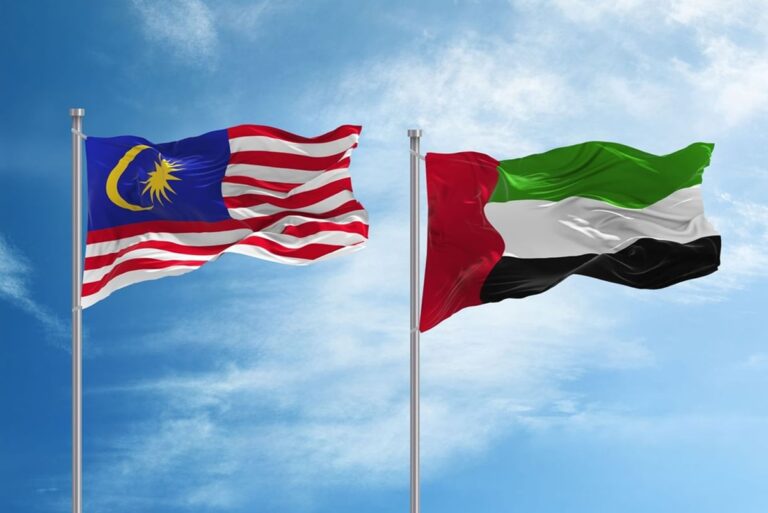The Comprehensive Economic Partnership Agreement (CEPA) between the UAE and Malaysia has officially taken effect, ushering in a new era of trade and investment collaboration between the two nations.
Signed in January 2025, the landmark agreement provides a framework to expand cooperation across a wide range of sectors.
It is projected to more than double bilateral non-oil trade from its 2024 level of $5.5bn to $13.5bn by 2032.
UAE-Malaysia trade
The UAE and Malaysia have already seen strong momentum. Bilateral trade reached $3.3bn in the first half of 2025, representing a 30.9 per cent increase year-on-year.
The CEPA will strengthen economic ties by removing or reducing tariffs, streamlining customs procedures, and fostering collaboration between private sector stakeholders.
Dr. Thani bin Ahmed Al Zeyoudi, UAE Minister of Foreign Trade, said: “The ratification of the UAE-Malaysia CEPA is a significant milestone in our economic partnership, paving the way for greater collaboration and innovation.
“This agreement will not only enhance trade relations but also unlock new investment avenues in key sectors such as healthcare, artificial intelligence, renewable energy, and logistics.”
The agreement is Malaysia’s first trade deal with a Gulf Cooperation Council (GCC) nation, representing a major step in strengthening economic ties with the Arab world. It also includes a dedicated chapter on the Islamic Economy and aims to promote sustainable development, technology transfer and expanded service exports.
The UAE’s CEPA programme is a cornerstone of its foreign trade strategy, which targets $1tn in total trade value by 2031 and plans to double the size of the economy to more than $800bn by the same year.
Since its launch in September 2021, the UAE’s CEPA programme has concluded agreements with 31 countries, providing businesses with access to markets covering nearly a quarter of the world’s population.

